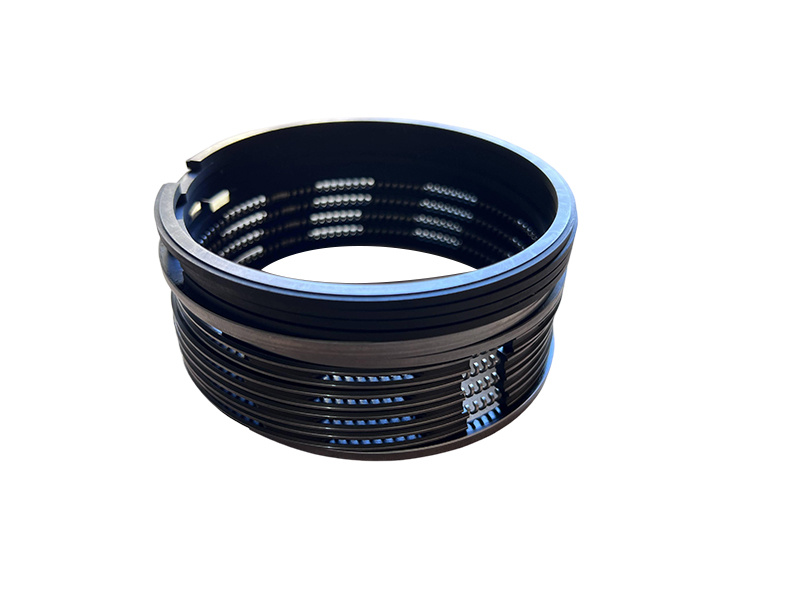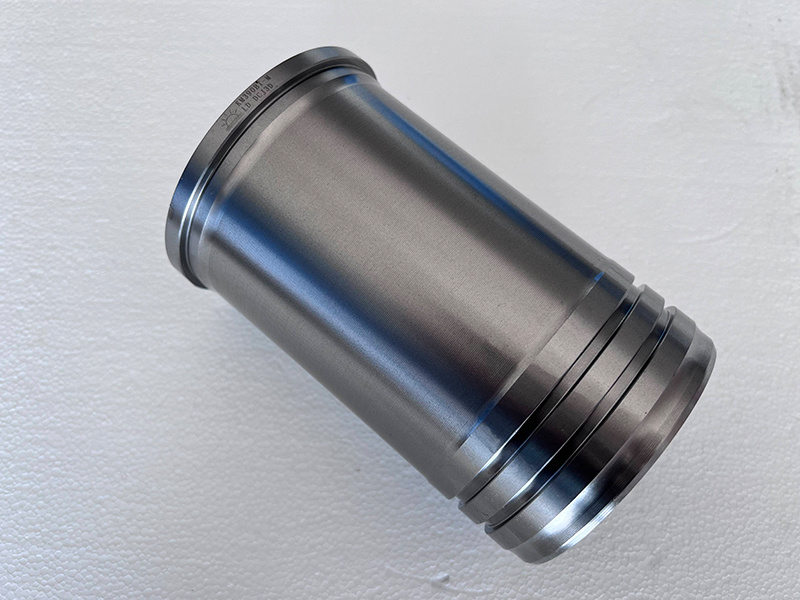The Crucial Role of Precision Machinery Processing in Agricultural Equipment
Sep 19,2025
Precision machinery processing involves the use of advanced manufacturing techniques to create components with exact measurements and tolerances. In the agricultural sector, where equipment reliability and efficiency are paramount, this processing ensures that each part functions optimally within the larger system. The importance of precision in agriculture cannot be overstated, as it directly aff

Precision machinery processing involves the use of advanced manufacturing techniques to create components with exact measurements and tolerances. In the agricultural sector, where equipment reliability and efficiency are paramount, this processing ensures that each part functions optimally within the larger system. The importance of precision in agriculture cannot be overstated, as it directly affects the performance of machinery used in planting, harvesting, and processing agricultural products.
One of the primary benefits of precision machinery processing is the improvement of machinery accuracy. Agricultural equipment such as seeders, plows, and harvesters require high levels of precision to ensure that they perform their tasks effectively. For instance, a seed drill that is precisely calibrated can plant seeds at the correct depth and spacing, leading to improved crop yields. Similarly, precision processing allows for the manufacturing of components that reduce wear and tear on machinery, thereby extending the lifespan of equipment and reducing maintenance costs.
Additionally, the advent of technology in precision machinery processing has resulted in significant advancements in agricultural machinery. Computer Numerical Control (CNC) machining and 3D printing are two revolutionary technologies that have transformed the manufacturing landscape. CNC machining enables the production of complex parts with high precision, while 3D printing allows for rapid prototyping and customization of components tailored to specific agricultural needs. These technological innovations not only enhance the quality of agricultural machinery but also contribute to more sustainable practices by minimizing waste and optimizing resource use.
Moreover, precision machinery processing plays a pivotal role in the development of smart farming techniques. The integration of precision agriculture technologies, such as GPS and IoT devices, relies on precisely manufactured components to function correctly. This synergy between machinery and technology leads to more efficient farming practices, allowing farmers to monitor crop health, manage resources, and make informed decisions based on real-time data.
In conclusion, precision machinery processing is integral to the agricultural machinery industry. Its impact on equipment accuracy, technological advancements, and the promotion of smart farming illustrates its importance in modern agriculture. As the industry continues to evolve, the emphasis on precision will play a crucial role in enhancing productivity and sustainability in farming practices worldwide. Understanding and implementing precision machinery processing can lead to significant benefits for agricultural professionals seeking to optimize their operations.
One of the primary benefits of precision machinery processing is the improvement of machinery accuracy. Agricultural equipment such as seeders, plows, and harvesters require high levels of precision to ensure that they perform their tasks effectively. For instance, a seed drill that is precisely calibrated can plant seeds at the correct depth and spacing, leading to improved crop yields. Similarly, precision processing allows for the manufacturing of components that reduce wear and tear on machinery, thereby extending the lifespan of equipment and reducing maintenance costs.
Additionally, the advent of technology in precision machinery processing has resulted in significant advancements in agricultural machinery. Computer Numerical Control (CNC) machining and 3D printing are two revolutionary technologies that have transformed the manufacturing landscape. CNC machining enables the production of complex parts with high precision, while 3D printing allows for rapid prototyping and customization of components tailored to specific agricultural needs. These technological innovations not only enhance the quality of agricultural machinery but also contribute to more sustainable practices by minimizing waste and optimizing resource use.
Moreover, precision machinery processing plays a pivotal role in the development of smart farming techniques. The integration of precision agriculture technologies, such as GPS and IoT devices, relies on precisely manufactured components to function correctly. This synergy between machinery and technology leads to more efficient farming practices, allowing farmers to monitor crop health, manage resources, and make informed decisions based on real-time data.
In conclusion, precision machinery processing is integral to the agricultural machinery industry. Its impact on equipment accuracy, technological advancements, and the promotion of smart farming illustrates its importance in modern agriculture. As the industry continues to evolve, the emphasis on precision will play a crucial role in enhancing productivity and sustainability in farming practices worldwide. Understanding and implementing precision machinery processing can lead to significant benefits for agricultural professionals seeking to optimize their operations.
TAG:
Recent News
Mastering Agricultural Machinery: A Deep Dive into Engine Speed Control Shaft Mechanics
Mastering Agricultural Machinery: Understanding Engine Speed Control Shaft
Table of Contents
1. Introduction to Engine Speed Control Shaft in Agricultural Machinery
2. Importance of Engine Speed Control Shaft in Agricultural Machinery
3. How Engine Speed Control Shaft Works
4. Types of Engine Speed Control Shafts
4.1. Mechanical Control Shafts
4.2. Electronic Control Shafts
5. Common Issues with E


